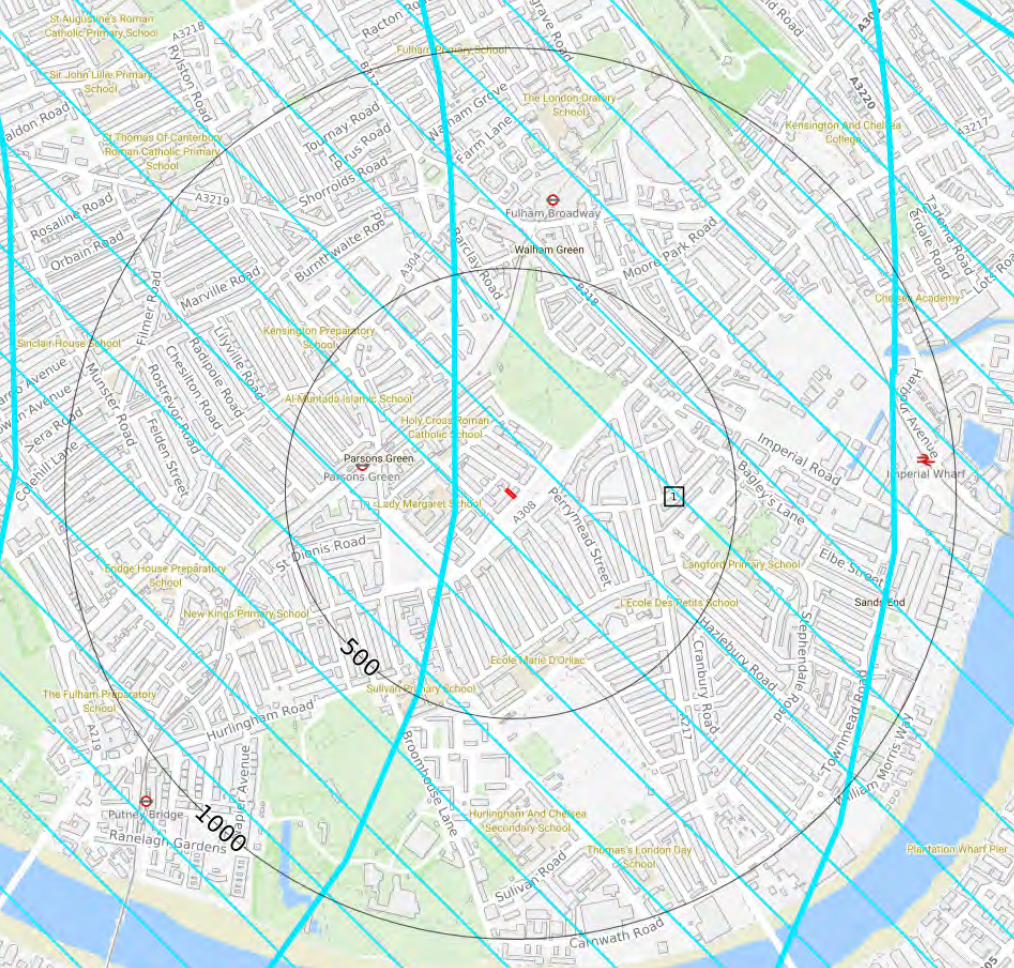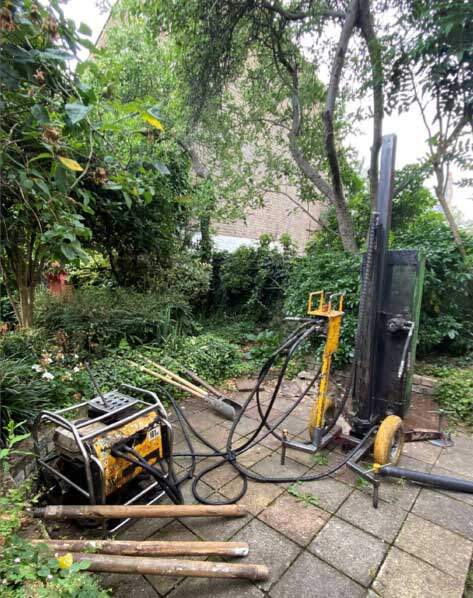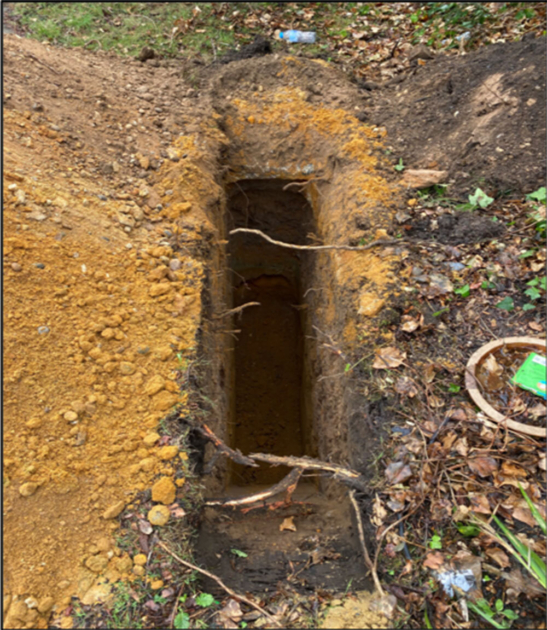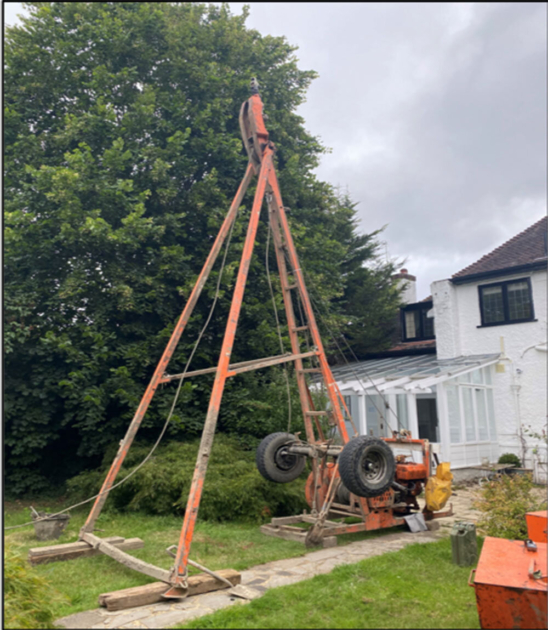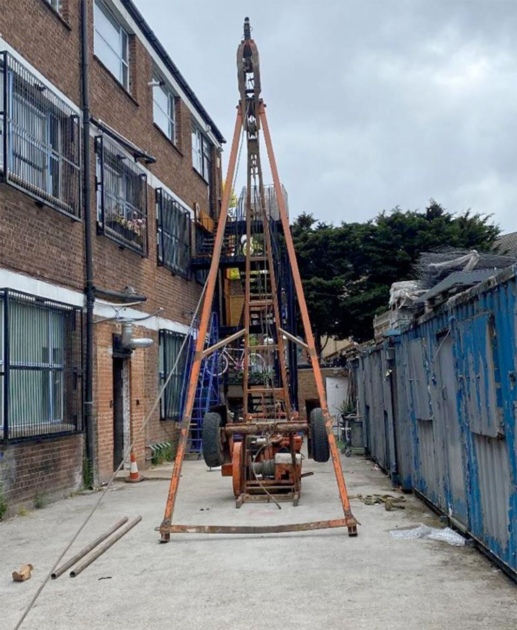Are you considering excavating to increase floor space?
If so then you’ll need to comply with building regulations and probably planning permission from your local authority and will probably need a Basement Impact Assessment. Basement conversions can add valuable space to your property or development, but ensuring the proposed basement development is appropriate is essential. Your development will need to ensure, not only your local planning department are happy with your proposal, but also Building Regulations, Environmental Health standards and Utility Provider requirements are being met.
Your basement development’s impact will need to consider effects on the movement of groundwater through the soil that could damage surrounding properties, and ensure that any basement development does not lead to damaging ground movement, plus an assessment of slope stability risks and a range of other issues will all need to be considered. This assessment should be specific to the site and its proposed development.
Whilst several London boroughs have published detailed guidance e.g. Kensington, Fulham, Westminster, Haringey, Chelsea and Camden, many other Local Authorities do not have specific guidance on how to complete your Basement Impact Assessment. So having expert knowledge and a rigorous process is essential to ensure your basement development will have no negative impact.
In London, where space is a premium and land expensive, excavation of basements below existing buildings, frequently extending to two or more levels and/or into rear gardens, is an increasingly attractive way for homeowners to increase a property’s space. A subterranean level is also the perfect way to work around potential issues of a sloping site.
But with high stake risks it is essential to have experience and knowledge of your developments’ impact.
Earth Environmental & Geotechnical provides detailed Basement Impact Assessments or BIA to support your planning application.
Our team of highly skilled and fully qualified engineers complete the Basement Impact Assessments – BIA. We have on hand qualified surface water specialists chartered civil engineers with ground engineering experience, chartered geologist with a hydrogeology qualification working as appropriate with a chartered engineering geologist.
Factors to consider include:
What is involved in a Basement Impact Assessments or BIA?
-
Secondly, the initial desk study is followed by a site investigation. Then the outcomes of the site investigation will be collated in a site investigation report. A ground movement analysis and a building damage assessment may also be required. This is to ensure that ground movements will not have a detrimental effect on surrounding structures, including buildings and buried infrastructure. Retaining wall analysis may also be required
-
Thirdly: Impact Analysis, we work closely with the structural engineer and the architect if movement is predicted to amend designs to bring movement into acceptable limits. We complete a detailed analyses on the effects of the basement construction, considering ground movements and damage category assessment of neighbouring structures, groundwater flows and slope stability, using specialist analytical software for example Pdisp, Xdisp, SlopeW and/or ModFlow (three-dimensional finite-difference groundwater modelling)
What investigations may be required for the Basement Impact Assessment (BIA)?
Site Investigations could include
Each Basement Impact Assessment will be specific to the site and its proposed development.
At Earth Environmental & Geotechnical we have the knowledge and experience of preparing Basement Impact Assessment.
In particular our Reading Team have worked on several prestigious locations, throughout London and surrounding areas. We have partnered with individual householders, architects, structural engineers and specialist basement design and construction companies to provide robust Basement Impact Assessments (BIA), and mitigation plans as required.
So if you’re planning a subterranean development call our team for expert advice on your Basement Impact Assessments (BIA) contact us now.


